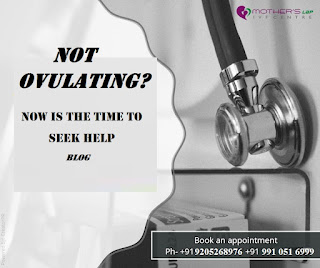Infertility is a growing concern among couples worldwide, but advancements in medical science have made parenthood possible for many. In 2025, infertility treatments are poised to become even more effective, personalized, and accessible. Today in this blog lets have a look at the latest trends and techniques that are revolutionizing the field of reproductive health.
Cutting-Edge Infertility Treatments
-
In-Vitro Fertilization (IVF)IVF continues to be the most popular and successful infertility treatment in 2025. Improved embryo freezing techniques, advanced genetic testing (PGT), and AI-driven embryo selection have significantly boosted success rates. Couples can now benefit from more precise treatments tailored to their unique needs.
-
Fertility PreservationWith the increasing demand for family planning flexibility, fertility preservation options like egg freezing and sperm banking are














